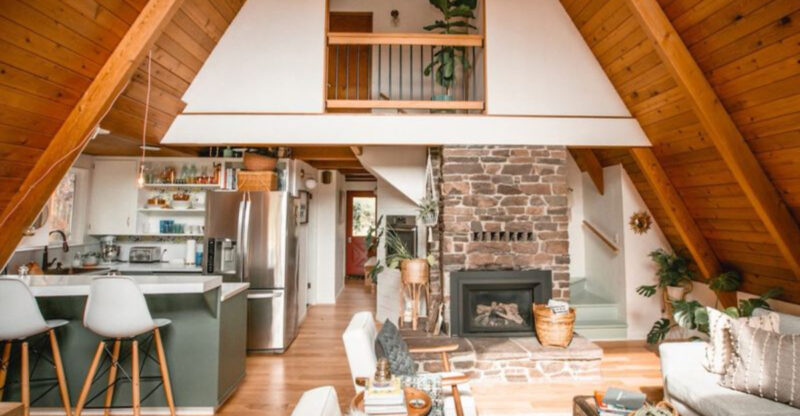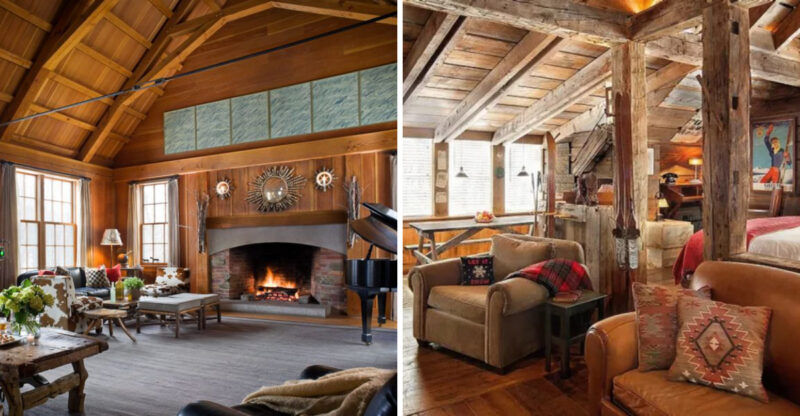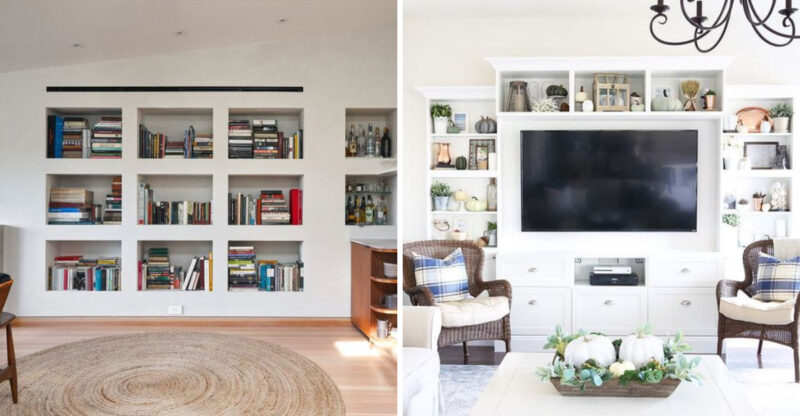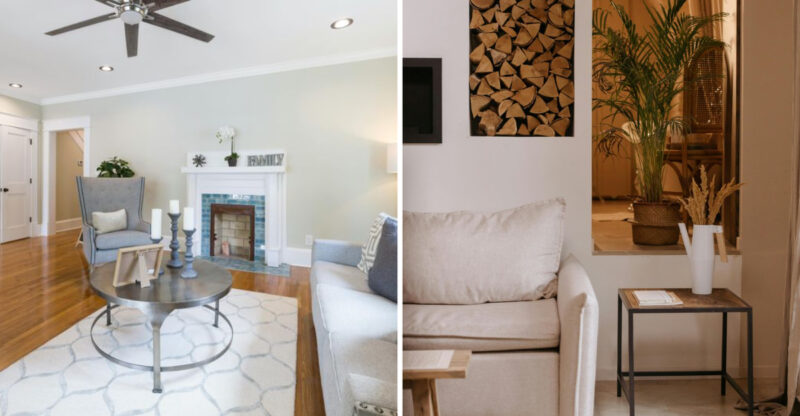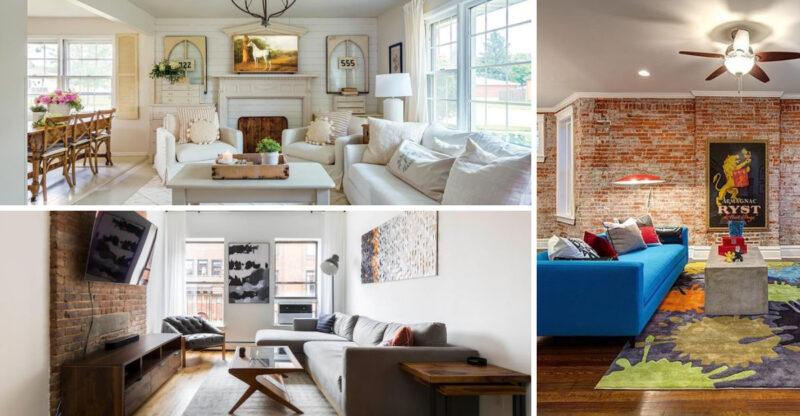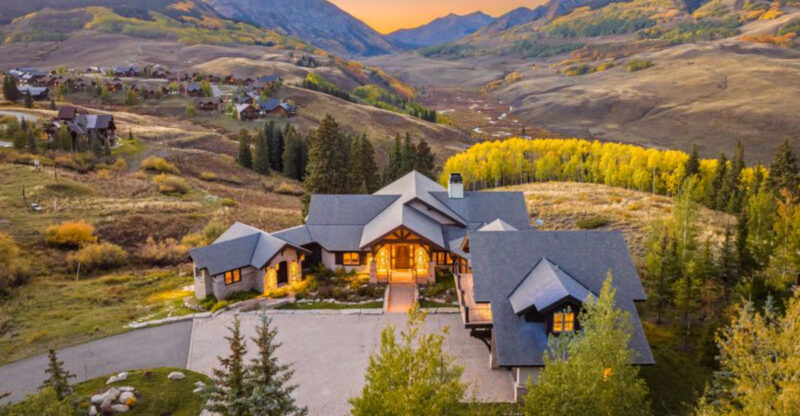11 Massachusetts Home Styles That Could Lose Value By 2026
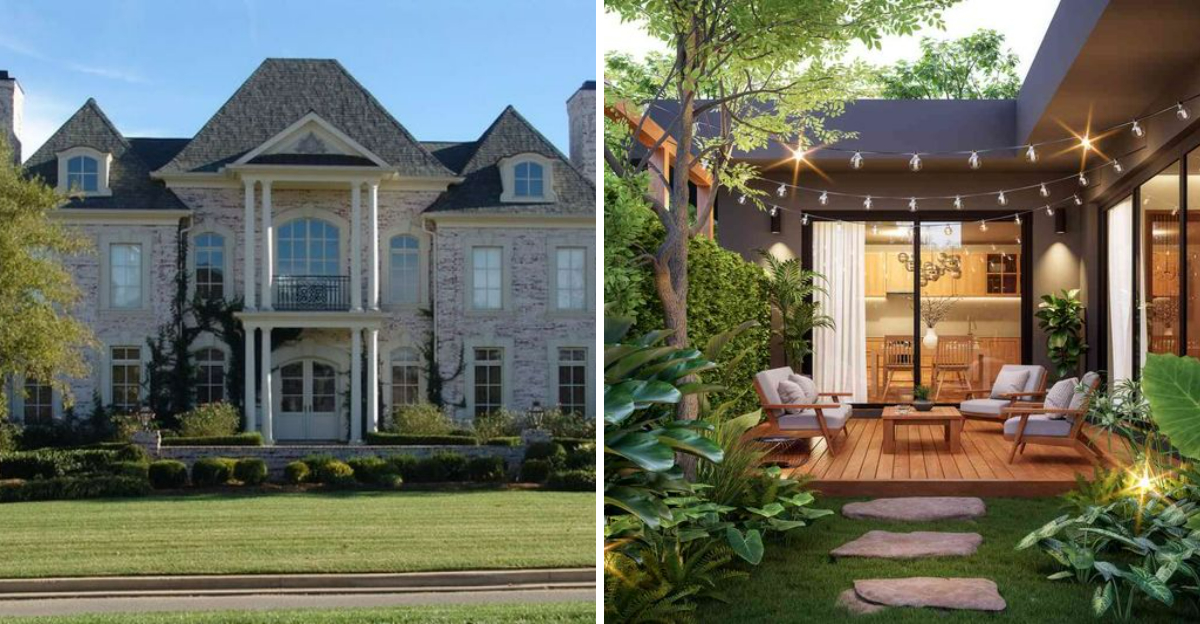
The Massachusetts real estate market is always changing, with some home styles falling out of favor while others gain popularity. As we look toward 2026, certain architectural styles in the Bay State might see their values drop.
If you own one of these home types or are thinking about buying, you might want to consider how these trends could affect your investment.
1. Cookie-Cutter Suburban Developments
Those identical houses lined up like soldiers across suburban landscapes are losing their appeal. Massachusetts buyers increasingly crave character and uniqueness in their homes, not carbon copies of their neighbors’ houses.
Energy efficiency is another strike against these developments. Many were constructed during building booms with minimal attention to sustainable features that today’s eco-conscious buyers demand.
2. Split-Level Homes From The 1970s
Once the height of modern living, these awkward floor plans have fallen from grace. The half-flights of stairs and compartmentalized rooms clash with today’s preference for open-concept living.
Updating these homes often costs more than buyers expect. The distinctive layout makes renovations particularly challenging, as moving walls often means dealing with load-bearing structures and split HVAC systems.
3. Homes Without Home Office Space
The pandemic permanently changed how we work, and Massachusetts’ strong tech and education sectors mean remote work is here to stay. Houses without a dedicated office space or the potential to create one are at a serious disadvantage.
Fast internet and quiet work areas have become non-negotiable for many buyers. Even families without remote workers want flex spaces for kids’ homework or creative projects.
4. Ranch Houses On Valuable Land
Single-story ranches sitting on prime lots in desirable Massachusetts towns face an uncertain future. Developers often eye these properties for teardowns, valuing the land more than the structure.
The inefficient use of valuable real estate makes these homes vulnerable. In towns like Newton or Lexington, where land values continue to climb, single-story homes simply don’t maximize property potential compared to larger multi-level designs.
5. Homes With Outdated Energy Systems
Massachusetts has some of the nation’s most progressive energy policies, with significant incentives for efficient homes. Properties relying on oil heating or lacking proper insulation face declining appeal.
The state’s push toward electrification and renewable energy makes these homes increasingly expensive to operate. When winter temperatures plummet and heating oil prices soar, buyers calculate those long-term costs into their offers.
6. McMansions With Excessive Square Footage
Remember when bigger meant better? Those days are fading fast in Massachusetts. Younger buyers are increasingly put off by the maintenance costs and environmental impact of these oversized homes.
The heating bills alone can make your eyes water during those brutal New England winters! Plus, many of these properties were built with questionable architectural choices that don’t age well.
7. Cape Cod Styles Without Updates
While Cape Cod homes remain quintessentially Massachusetts, those stuck in time-warp conditions are losing their charm for buyers. The small rooms and low ceilings that defined traditional Capes feel claustrophobic to modern sensibilities.
Without dormers or additions to create more headroom upstairs, these homes can feel cramped. Many buyers pass them by in favor of more spacious options or significantly updated Capes with opened floor plans.
8. Homes Far From Public Transportation
As traffic congestion worsens around Boston and other Massachusetts hubs, proximity to public transit has become golden. Properties beyond walking distance to T stations or commuter rail stops may see values stagnate.
Younger buyers especially prioritize car-free or car-light lifestyles. The freedom from commuting headaches and parking challenges makes transit-accessible neighborhoods increasingly desirable, while isolated locations lose appeal.
9. Homes With Small or Awkward Kitchens
The kitchen has become the undisputed heart of Massachusetts homes, especially after years of pandemic-induced home cooking. Galley kitchens or cramped cooking spaces are major turnoffs for today’s buyers.
The passion for entertaining at home shows no signs of fading. Kitchens without space for gathering, prep work, or modern appliances face harsh judgment from prospective buyers who imagine hosting family for Thanksgiving or summer lobster boils.
10. Homes Without Outdoor Living Space
The pandemic taught Massachusetts residents the value of private outdoor areas. Properties lacking patios, decks, or usable yards are falling behind in buyer preference.
Even in urban areas, outdoor space has become essential. Fire pits, outdoor kitchens, and covered porches extend living areas beyond the house walls, particularly valuable during our beautiful but brief New England summers.
11. Triple-Deckers Without Modern Amenities
These iconic Massachusetts multi-family buildings have housed generations of families, but those without updates face declining interest. Modern renters and owners expect in-unit laundry, updated electrical systems, and efficient heating.
Parking remains another critical issue for these urban properties. Without dedicated off-street spaces, these buildings lose appeal in neighborhoods where street parking has become increasingly competitive and restricted.

